These days, it’s hard to separate fact from fiction when it comes to nutrition.
Numerous authoritative figures give dietary recommendations that are harmful to your health and in the end, you can end up feeling more confused than when you started.
Below we debunk the most common nutrition myths and give you science-backed resources to help you discover more about the truth.
Do you struggle with bloating, gas, constipation, or other digestive issues? We’ve created a FREE guide to healing your gut naturally.
Click here to get your FREE copy of our Digestion Guide!
Does Fat Make You Fat?

Who can benefit most from saturated fat and high-fat diets? Everyone needs some fat in their diet, but due to genetic individuality, some do better with higher ratios than others.
Discover More Here: Why Fat Doesn’t Make You Fat
Low Carb vs High Carb

Women who are pregnant, hoping to become pregnant, or breastfeeding need a high percentage of carbs in their diets to produce hormones to sustain fertility and milk production. People who have thyroid or other hormone imbalances also need carbs, but levels may vary. Athletes and children need carbs for their higher energy output.
Again, it’s a matter of the quality of the carbs, and not so much the quantity. If you’re choosing junky carbs, they’re better eaten in small or limited amounts, but high-quality carbs like vegetables, fruits, nuts, and seeds can be eaten in greater quantities and still produce healthful results.
Discover More Here: The Truth About Carbs
How Much Protein Do I Need to Eat?

High protein diets have been reputed to be hard on the kidneys, but again, this comes down to individual needs and lifestyle factors. Low protein diets are hard on the detox organs, hormones, and digestive wellness. It comes down to an appropriate macronutrient balance that works for you.
Discover More Here: How Much Protein Do You Need?
Is Sugar Really Bad?

Added cane sugar and other sweeteners like high-fructose corn syrups contribute to obesity, weight gain, inflammation, diabetes, chronic conditions, and anxiety. They’re also found in alarming amounts in foods targeted to children. The only way to break the generations of sugar addiction is to start now, by changing the cultural view of it. Use fruit, honey, or maple syrup as a sweetener instead of refined sugars.
If you’re going to use sweeteners, opt for natural versions like raw honey, coconut sugar, or maple syrup, which do have some health benefits in addition to their sweet taste. Using fruit to sweeten baked goods, or just enjoyed on its own as a sweet treat, is also an excellent way to enjoy “dessert” without settling for highly refined and unhealthy sweeteners.
Discover More Here: The Reality of Sugar Addiction and How to Kick the Habit
Do I Have to Avoid Dairy?

Still, for those who can digest it well, high-quality dairy can be healthy and offers some nutritional benefits. Raw dairy from pastured or grass-fed cows can provide an abundant source of healthy fats, minerals, and vitamins. (3) The decision to include milk or dairy products in a diet should be highly individual, and should be re-evaluated if the individual begins to exhibit symptoms of lactose intolerance.
Discover More Here: Is Dairy Paleo?
Legumes: Good or Bad?

So why are legumes so anti-Paleo? It comes down to phytates, which are a fancy way of saying they’re difficult to digest.
The other critique is that if you aren’t eating legumes, you won’t be getting enough fiber in your diet. The fact is, if you’re eating a Paleo diet that is rich in vegetables, you’re not going to be running short on fiber.
Discover More Here: What Are Legumes?
Is Soy Better Than Meat?

Beyond the potential for chemical contamination, soy is also notoriously estrogenic, meaning that it can interfere with the body’s estrogen and other hormone levels. The primary impacts of this come at a price: it can reduce fertility, impact proper reproductive development in children, and even impact fetuses before they’re born. (5)
Discover More Here: Is Soy Bad for You?
Are Grains Hard to Digest?

But what nutrients are we missing if we quit grains? Most grains are artificially fortified with B vitamins because they don’t naturally contain them, and any other nutrients get stripped away in the refining process. Most grain products are artificially fortified and highly refined. Get fiber through fruits and veggies instead!
The argument that fiber will be impossible to obtain without grains is also a faulty one. Eating a diet rich in fruits and vegetables, like the Paleo diet, will provide more than enough fiber on a regular basis.
Discover More Here: What’s Wrong with Grains?
Is Gluten Unhealthy for Everyone?

Most cases of gluten sensitivity are either realized when the symptom burden becomes so extreme as to interfere with daily life, or after a period of avoiding gluten and then attempting to reintroduce, with negative results.
Gluten tends to cause digestive symptoms, but can also contribute to anxiety, general inflammatory issues, skin conditions, respiratory disorders, and even autoimmune symptoms. (7, 8, 9)
Discover More Here: What Is Gluten and Is It Bad for You?
Are Vegetable Oils Good for You?

Refined oils are high in omega-6 fatty acids, and when consumed in disproportionate ratios from omega-3 fatty acids, omega-6’s can contribute to inflammation and even cardiovascular disease. (10)
For oils that contribute to actual health, there are numerous other alternatives that don’t come with the risk of trans fats – including coconut, avocado, and olive.
Discover More Here: The Complete Guide to Cooking Oils
Is All Salt Bad?

Does salt have to be colorful to contain nutrients? Not exactly. But white iodized table salt tends to be the least nutritious option of them all. Skip white iodized table salt in favor of unproessed sea salts.
Sea salts are healthy because they contain electrolytes and other beneficial nutrients – but since they aren’t processed, they don’t contain iodine, which is essential for thyroid health. (11) The addition of sea vegetables, like kelp, to a Paleo diet can help balance this out.
Discover More Here: The Easy Salt Guide
Will Cholesterol Give Me Heart Disease?

Discover More Here: The Ultimate Guide to Cholesterol
Do I Really Need to Quit Coffee?

Research indicates that coffee, when consumed in moderate amounts (2-4 cups daily) can be pretty healthy, offering benefits like antioxidant protection and defense against certain forms of cancer, diabetes, and Alzheimer’s. (14) It even boosts cognitive function, which is most likely why most coffee drinkers love the stuff.
Certain people will do better to avoid or dramatically restrict coffee intake, like pregnant women, for whom caffeine can actually cause harm to fetal growth. Menopausal women or women battling hormone disruption should limit or avoid coffee since caffeine can disrupt hormone balance in sensitive individuals. (15)
Discover More Here: Coffee: What You Need to Know
Are All Calories Created Equal?

Food and health is so much more than the calorie count on a nutrition label.
Discover More Here: How to Decode Nutrition Facts
Red Meat: Friend or Foe?

Discover More Here: 7 Crucial Ways to Tell If Your Meat is Paleo or Not
(Read This Next: 8 Calorie Myths to Ditch Immediately)


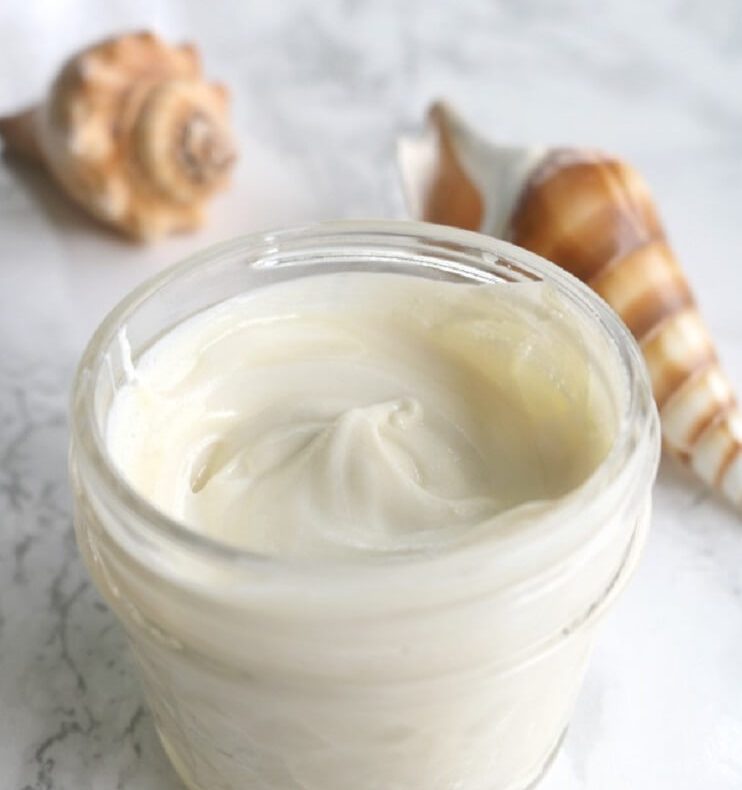 Homemade Water-Resistant Sunscreen
Homemade Water-Resistant Sunscreen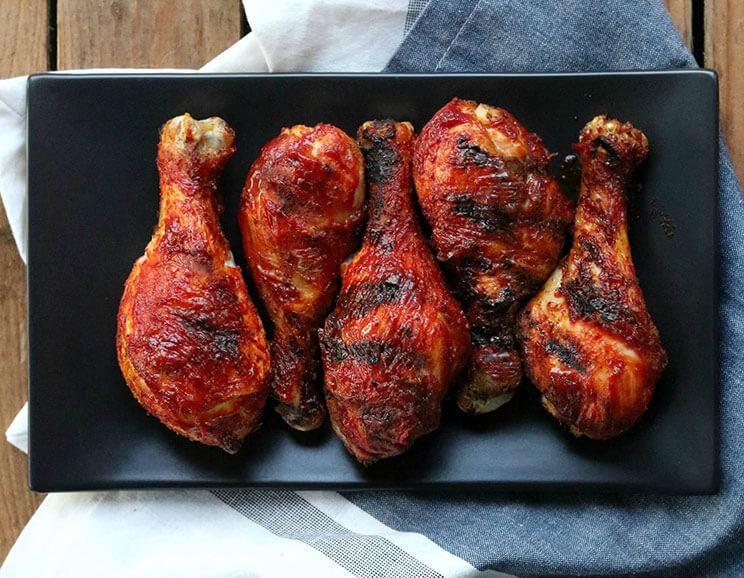


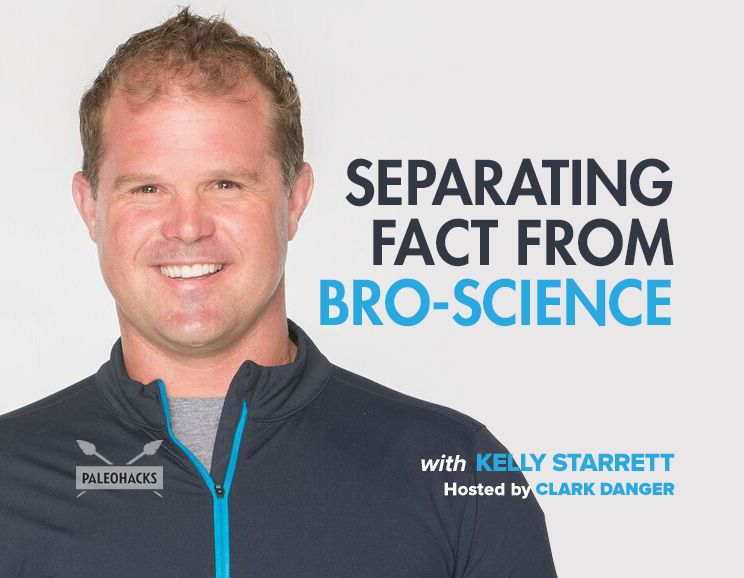
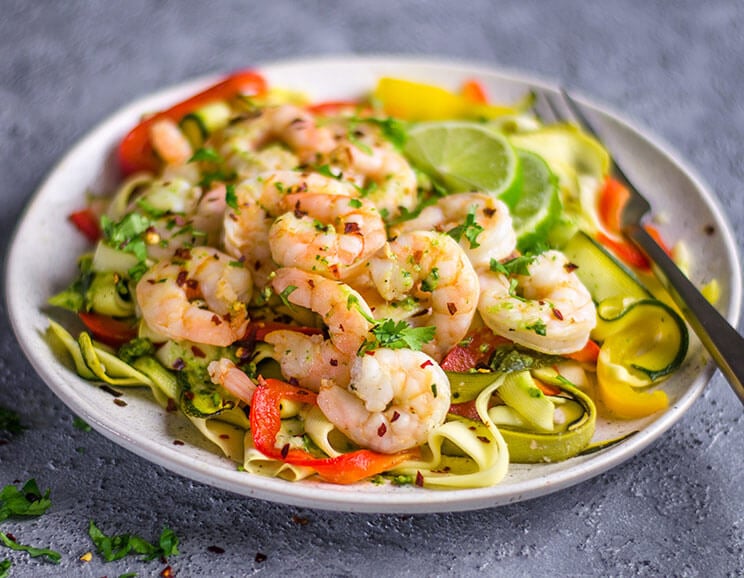

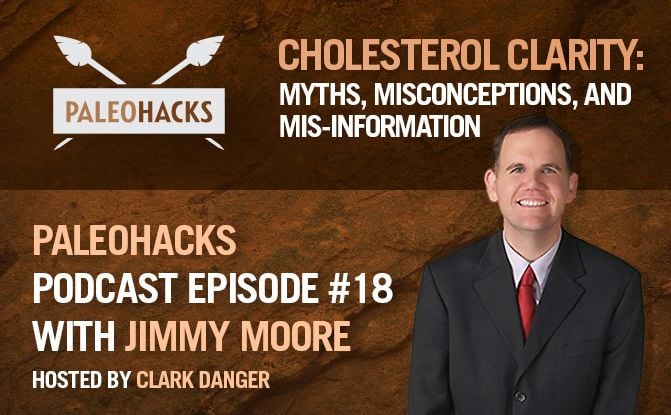



Show Comments